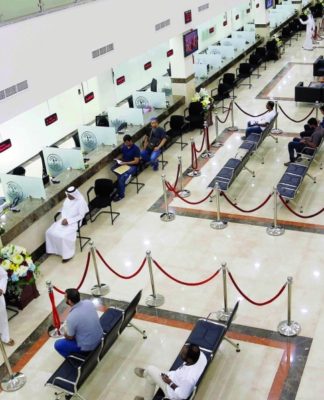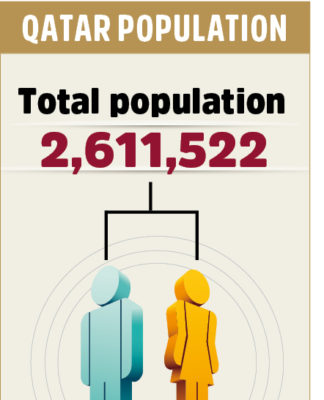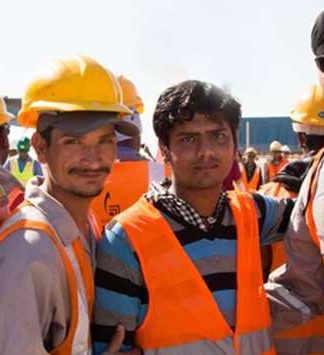BUSINESS
Despite extreme conditions, the Canary Islands provide a fertile ground for gastronomic products
By Cristina Giner • Updated: 15/09/2022 – 18:29
Despite extreme conditions, the Canary Islands provide a fertile ground for gastronomic products
Copyright euronews
SHARE THIS ARTICLE
embed
facebook
twitter
flipboard
mail icon
The Canary Islands are a natural paradise with extreme conditions that offers top-quality gastronomic products and fascinating views.
Lanzarote, Fuerteventura and La Palma are islands with mild weather but harsh conditions for agriculture. Here you’ll find arid pastures, volcanic vineyards and banana plantations perched above lava cliffs.
Vineyards in the volcanos
Lanzarote’s wine has the Protected Designation of Origin label.
“Fire mountains” erupted 300 years ago, devastating part of the island. It’s a moonscape where viticulture was kept alive – thanks to an ingenious technique that turns the ashes into fertile soil.
“We make a hole until we reach the topsoil by removing the layer of volcanic ash,” says winemaker Jorge Rodriguez Alonso. “And this prevents what little water that falls in winter from evaporating…”
Semi-circular walls protect the vines from the wind. Jorge is talking about plants that date from the 19th century. Back then most European vines were killed by a plague.
“We are now alongside a vine that’s 200 years old and we have them in the Canary Islands thanks to the fact that the famous phylloxera plague didn’t arrive here,” he says.
Malvasia Volcanica is the main variety. Volcanic wines are the soul of this unique land. Critics emphasize its crisp freshness and salty flavour.
“With Malbathia Volcanica dry, we try to express the salinity of our vines in one glass,” says a taster at the El Grifo winery.
Exploring Camino de Santiago’s ancient wine trail
The celebrated wines of Spain – and the unique regions that create them
Exploring Valencia’s abundant – and special – fruits and vegetables
The organic wines of Spain restoring the ancient rhythms of production
World-renowned goats’ cheese
Fuerteventura, is the cradle of the majorero goat’s cheese. It’s an arid and volcanic island that’s a perfect habitat for these goats, a native breed well adapted to the dry terrain and hostile climate conditions.
Freshly drawn local milk is the base for traditional cheeses inherited from indigenous civilizations that have won global awards. Today manufacturers are banking on a sustainable model
“We have been developing a strategic sustainability plan for years now, focused mainly on energy savings,” says Esteban Alberto, CEO of Maxorata. “50% of our energy consumption will be renewable, we are also digitalizing the entire operation of our own plant.”
Digitalisation aside, making the first goat’s cheese in Spain to get the protected origin label demands expertise and craftsmanship. Since getting the label, the prestige of majorero has grown.
Esteban’s cheeses have won more than one thousand national and international awards.
“You will notice its creamy texture, with hints of caramel and coffee, this is what makes it unique,” says Esteban.
Bananas from La Isla Bonita
In La Palma – La Isla Bonita – a banana plantation perches over lava cliffs. The Canary Islands produce more than half of the bananas consumed in Europe. And it’s the only banana in the world to have a Protected Geographical Indication status.
“It is a very traditional crop,” says Esther Dominguez, head of ASPROCAN’s technical department. “All the work is done manually and since ours is a European production we have important environmental requirements. All this together with the care of the farmers means we have a product that’s unique in the world.”
They look like trees but they are plants that grow from subterranean stems.
“We remove the flower so that the bananas do not rot,” explains plantation manager Ángel Oropesa.
Each “mother” plant develops several offspring and only one bunch. Bananas are picked all year round.
Dwarf Cavendish is the main variety. They’re picked days before arriving on European markets, rather than weeks like Caribbean bananas. And a shorter journey means fewer “food miles”.

























